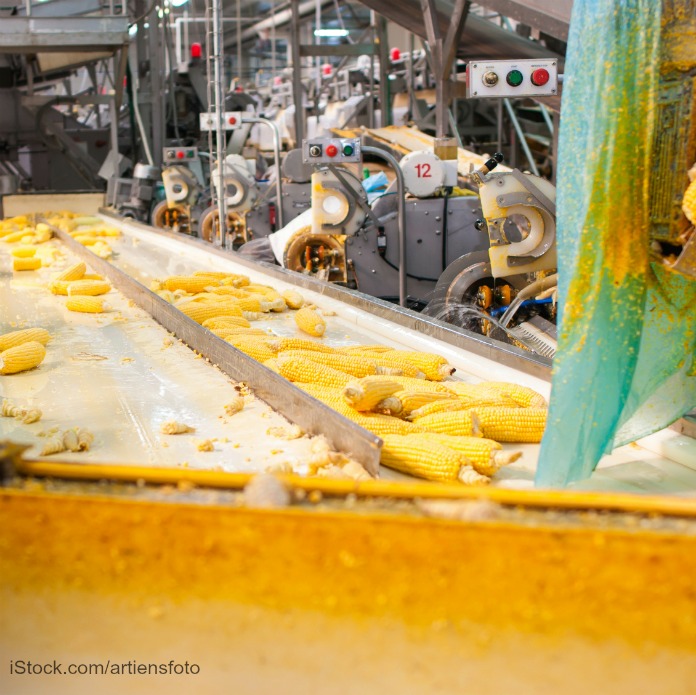The FDA has issued the final rule on food traceability under the Food Safety and Modernization Act of 2011 (FSMA). Traceability is the ability to identify foods that may be contaminated, especially if that food is suspected as being part of an outbreak.

The rule establishes traceability record keeping requirements for anyone who manufacturers, processes, packs, or holds foods that are on the Food Traceability List. Companies and people subject to this rule must maintain records containing Key Data Elements associated with specific Critical Tracking Events. They must provide information to the FDA within 24 hours or some other time frame to which the FDA has agreed.
Foods that are on the Food Traceability List include: cheeses other than hard cheeses, specifically soft and semi-soft cheese and cheeses made from unpasteurized milk; shell eggs; nut butters; cucumbers; fresh herbs; leafy greens including butter lettuce, green leaf, kale, romaine, and spinach; fresh-cut leafy greens; melons; peppers; sprouts; tomatoes; tropical tree fruits such as mangoes and papayas; fresh cut fruits, fresh cut vegetables other than leafy greens; finfish; crustaceans; molluscan shellfish and bivalves; and ready-to-eat deli items.
All of these foods have been linked to or associated with food poisoning outbreaks in the past few years, including the current sapovirus outbreak linked to Dai One Foods oysters, the Old Europe Cheese Listeria monocytogenes outbreak, the Salmonella Litchfield outbreak linked to Mariscos Bahia fresh fish, and the Listeria monocytogenes outbreak linked to deli meats and cheeses. The foods were chosen for this list based on data and results in a draft risk-ranking models with scores in the moderate to strong range.
The risk-ranking model evaluated frequency of outbreaks, severity of the illnesses, likelihood of contamination, the potential for pathogen growth, manufacturing process contamination probability, consumption rate and amount consumed, and cost of illness.
The final rule does provide some exemptions for certain small producers, small retail food establishments and restaurants, farms that sell food directly to consumers, and certain types of processed foods. The rule does cover domestic firms and foreign firms and farms that produce food for U.S. consumption.





How long this has taken!! Remember Upton Sinclair’s The Jungle”? That was written in 1906 which was the beginning of food safety acts. And we are finally taking another step forward from there.